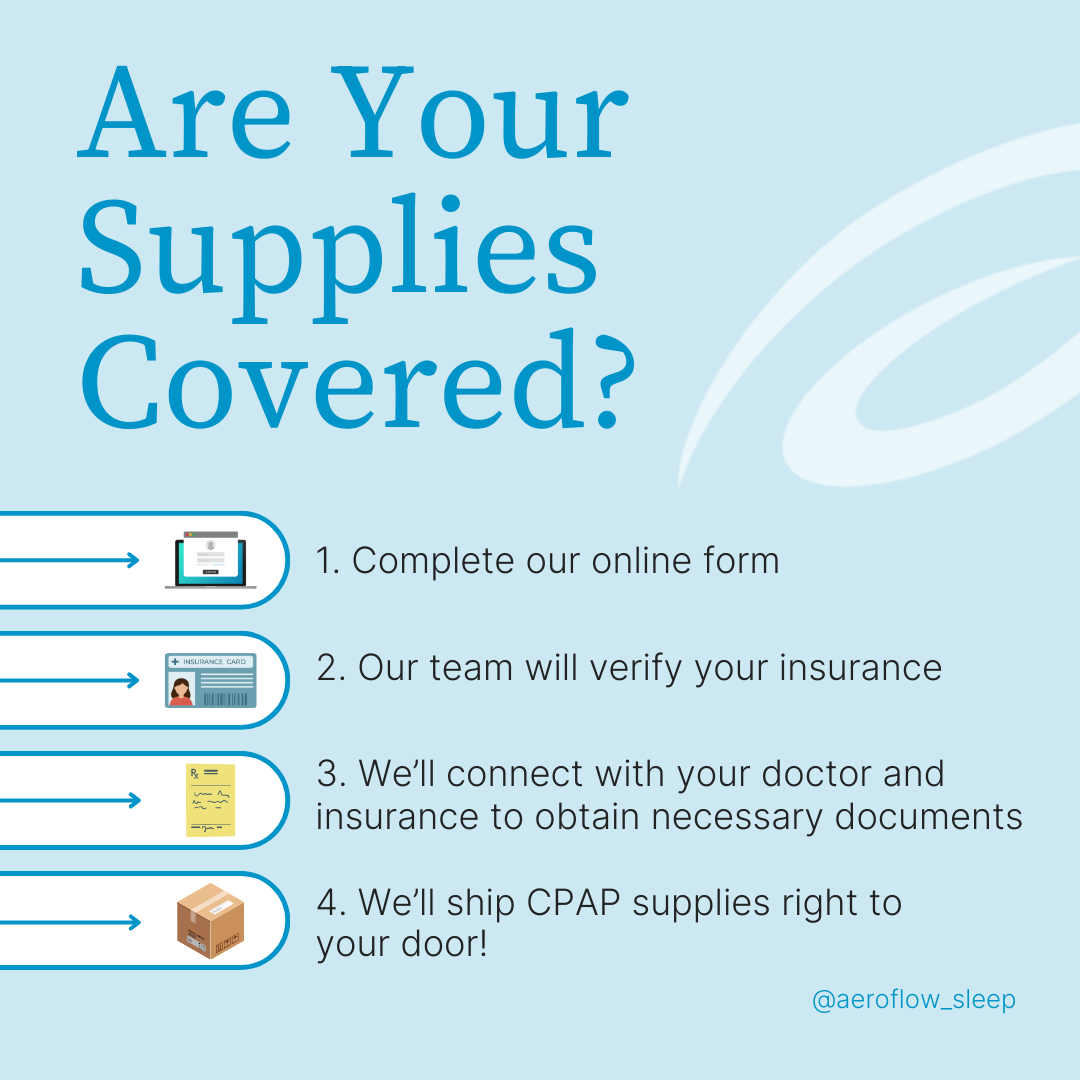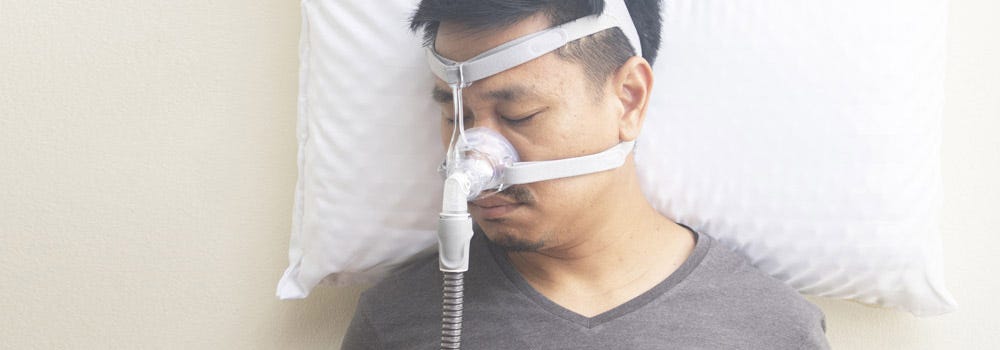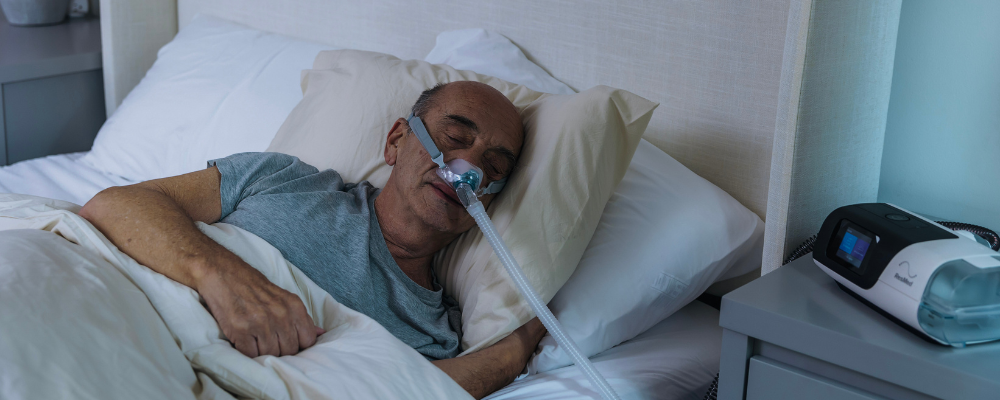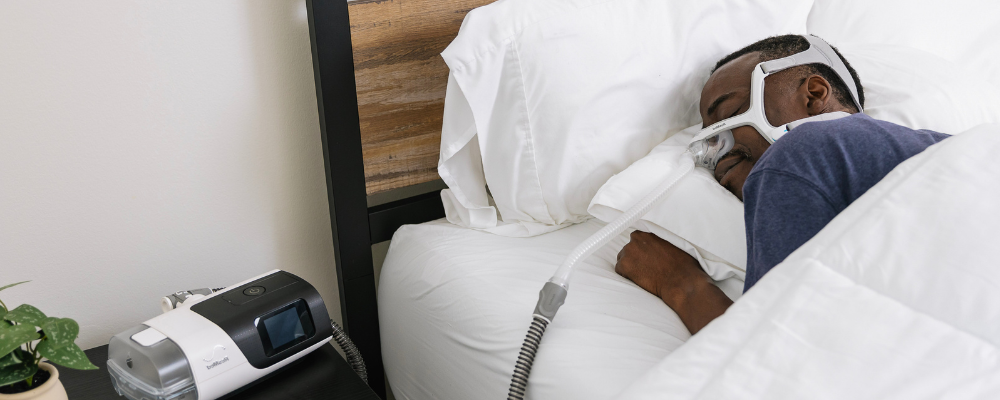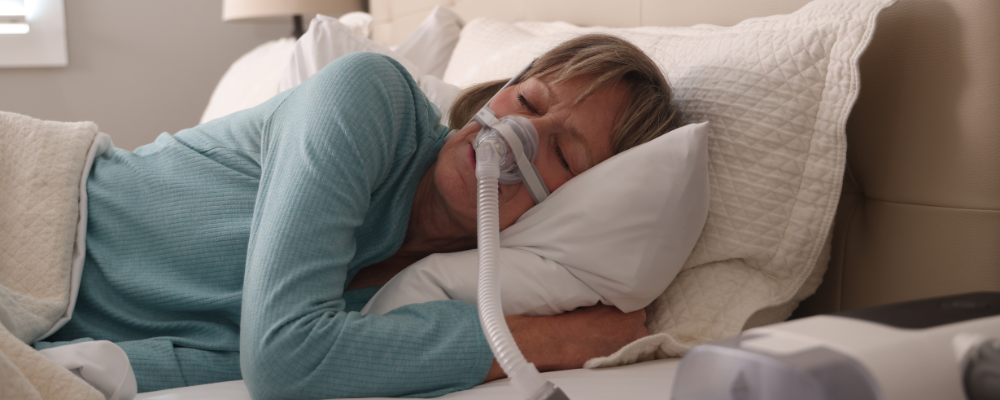If you’ve been diagnosed with obstructive sleep apnea (OSA,) your doctor may have prescribed you continuous positive airway pressure, or CPAP therapy, for treatment. While it’s a great idea to travel and explore a new place, for CPAP users, taking a vacation from regular CPAP usage is not the best idea.
In fact, after just one night without your CPAP, it is possible for your original sleep apnea symptoms to return; including snoring and drowsiness. The risk is not worth neglecting your CPAP! So, to help you prepare for your next adventure, we’re answering some CPAP users' frequently-asked travel questions. Follow along as we share a variety of helpful tips in today's blog.
Can I Travel With My CPAP Machine?
Yes, you can and should travel with your CPAP machine! Whether by boat, train, plane, or automobile, it’s important to bring your CPAP with you. The rules and restrictions may look different depending on how and where you’re traveling, but generally speaking, most domestic modes of transportation will permit you to bring your CPAP device with you.
While travel CPAP machines—like the ResMed AirMini—are a popular option for travelers due to their size and portability, you can travel with your standard-size APAP, BiPAP, or CPAP machine too! In fact, it's important to note that most insurance plans do not cover a travel machine. Your standard machine will definitely do the trick.
What Are The Airline Regulations For Traveling With A CPAP Machine?
Your CPAP machine is classified as medical equipment, and medical equipment is TSA-approved for domestic air travel. To prepare for your travels, here are a few travel tips you should know before flying with your CPAP machine:
- Do not check your CPAP machine. First of all, this is a good idea, because it will ensure you have your CPAP equipment even if your checked luggage gets lost. Secondly, your CPAP machine will not count as your primary carry-on bag, because it is a medical device. This means that you can bring your CPAP in addition to your regular carry-on item.
- Be prepared to unpack your device at security checkpoints. When you go through airport security, the TSA agent will ask you to remove your machine from its carrying case as it goes through the X-ray screening process. If you would like, you may bring a clear plastic bag to place your device in as it goes through screening. However, all other CPAP supplies (your CPAP mask, tubing, etc) may be left in your travel bag.
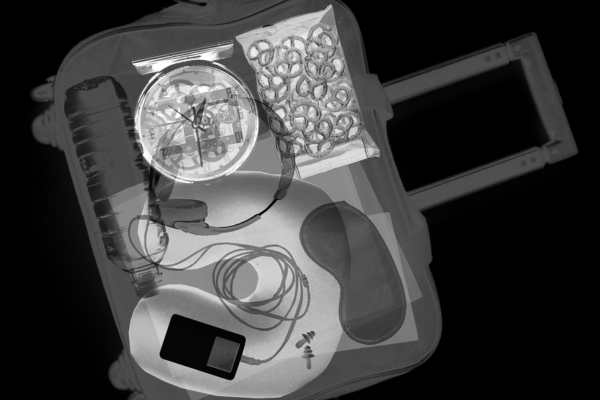

- Pack distilled water in your checked luggage. There are limits to the liquids you may carry on; however, you may pack distilled water in your checked luggage. It is important to avoid putting tap water into your machine’s humidifier because unfiltered water can cause your supplies to deteriorate more quickly.
- Ensure your CPAP battery is FAA-approved. Most modern CPAP machines have batteries that are safe for airplanes. However, it is a good idea to always check beforehand to ensure your battery is approved for in-flight use.
Wait... Can you use your CPAP during a flight? We’ve got the answer in the next section!
Are There Any Restrictions On Using A CPAP Machine During A Flight?
While you are allowed to bring your CPAP machine aboard a domestic airplane, it is up to the airline whether or not you can use your machine during the flight. To find out the airline’s policy on in-flight use, we recommend calling your airline at least 48 hours before your flight.
If in-flight usage is approved by your airline, be sure to ask if your seat has access to a power outlet. If an outlet is not available, it is a good idea to bring a FAA-approved CPAP battery with you to power your device.
How Do You Pack A CPAP Machine For Travel?
When packing for your trip, don’t forget to bring with you:
- A copy of your CPAP prescription
- Distilled water
- Mild dish soap (or CPAP wipes for quick cleaning)
- Extra CPAP supplies; like mask cushions and filters
- A battery pack or an alternative power supply
- An extension cord
- And, a oplug adapter (if traveling internationally)
While portable CPAP machines aren’t typically covered by insurance, they often offer convienent travel perks; like waterless humidification, built-in APAP settings, and adaptable power sources. By no means are you required to have a portable CPAP for travel! Again, your standard machine will do the job, but if you’re interested, we recommend carefully evaluating the possibility of using a travel CPAP.
Ultimately, a good night’s sleep matters, especially while traveling, so don’t forget to bring your CPAP equipment along for your journey! At Aeroflow Sleep, we help take the hassle out of getting new CPAP supplies covered through insurance. Our team of dedicated sleep specialists are happy to assist you and answer your questions, even about traveling with your CPAP. So go ahead, check your eligibility today!
Reference
“Nebulizers, CPAPs, BiPAPs, and APAPs.” TSA.Gov, U.S. Department of Homeland Security, www.tsa.gov/travel/security-screening/whatcanibring/items/nebulizers-cpaps-bipaps-and-apaps#:~:text=Nebulizers%2C%20CPAPs%2C%20BiPAPs%20and%20APAPs,in%20for%20X%2Dray%20screening. Accessed 4 Mar. 2024.



